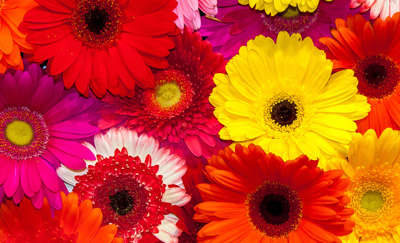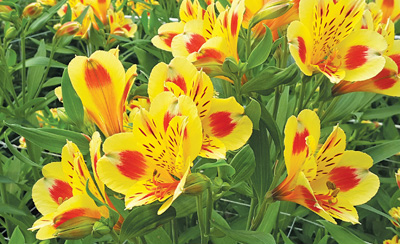Hyacinth Plants
Case Study
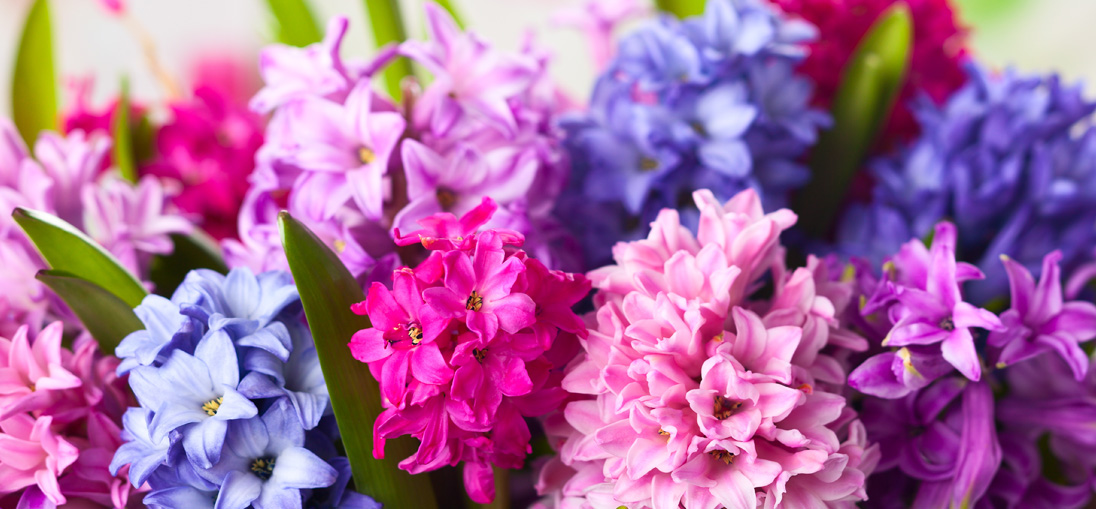
Crop: Hyacinth plants
Location: Noordwijkerhout, Netherlands
Products recommended:
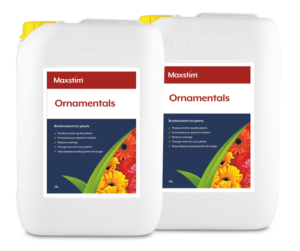
Maxstim Ornamentals is a complex biostimulant with a wide range of bioactive components including our unique bioflavonoids and polyphenols, creating better root development and early growth.
The aim of the trial was to reduce botrytis attack on Hyacinth plants using biostimulants, with the goal of assessing if it was possible to achieve this with fewer agrochemicals.
Within the trial, there were 4 experimental groups:
- Untreated plants
- Plants treated with a comparison biostimulant
- Plants treated with Maxstim Ornamentals complex biostimulants, applied as a foliar treatment with fertiliser
- Plants treated with agrochemicals
5 weekly applications of the assigned group were given to the plants before samples were collected.
Results:
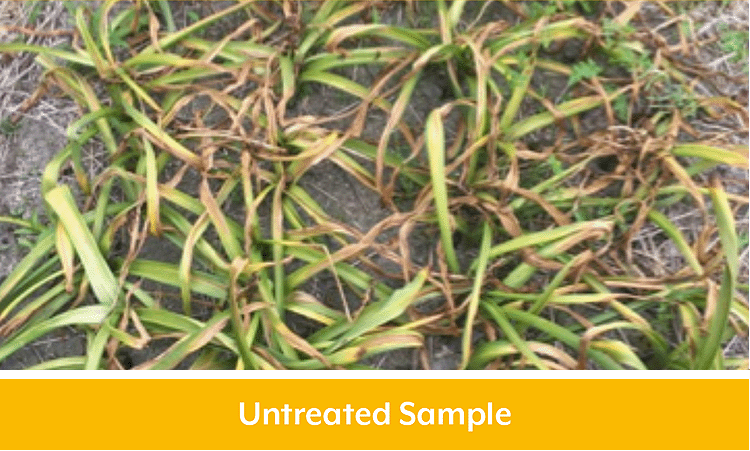
- Weak and sparse plants
- Yellow dying leaves
- High presence of botrytis
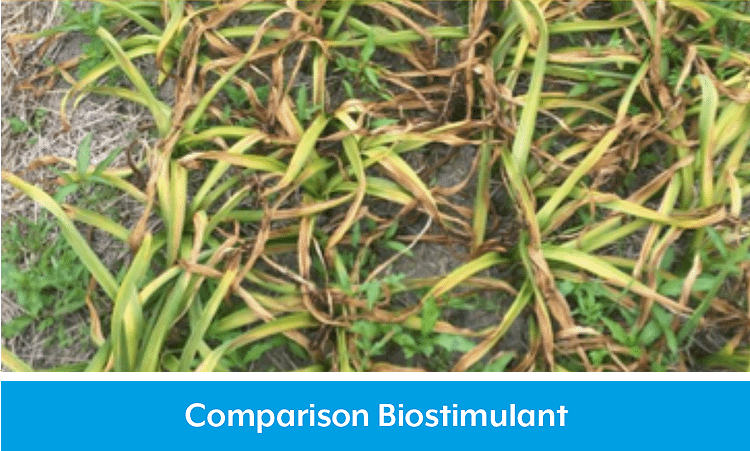
- Weak and sparse plants
- Yellow dying leaves
- High presence of botrytis
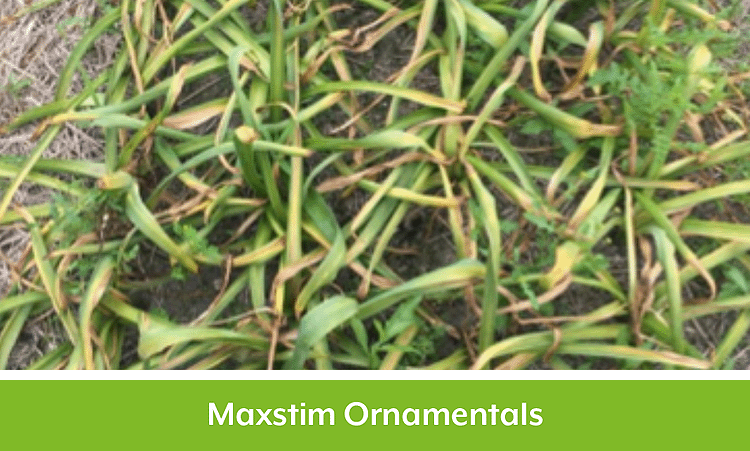
- More foliage and growth
- Far fewer yellow leaves
- Less presence of botrytis
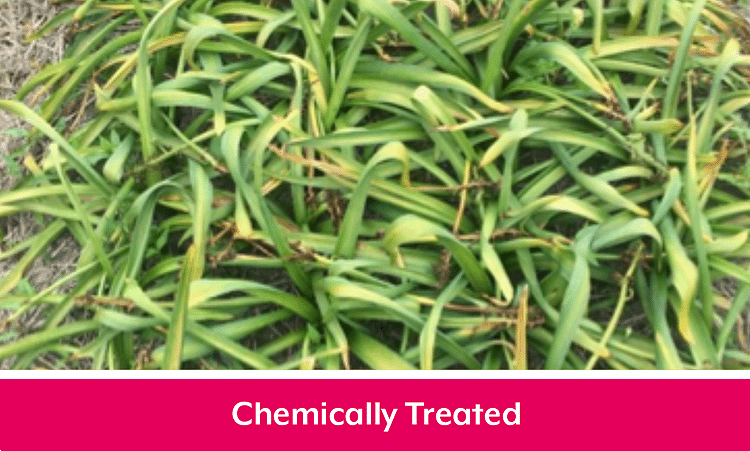
- More foliage and growth
- Greener leaves
- Less presence of botrytis
Conclusion
Whilst the chemically treated hyacinth plants have the best reduction in the amount of botrytis present, it does not make it the best practical choice for growers.
Maxstim complex biostimulants demonstrated the best reduction of botrytis compared to other biostimulants, and therefore is a proven and useful alternative to the use of agrochemicals to target botrytis.
For more information on how you can easily incorporate Maxstim complex biostimulants into your growing strategies, please call Tim or Tony on:
Tim Cannon
Email: tim.cannon@maxstim.com
Mobile: 07884 586191
Tony Kelly
Email: tony.kelly@maxstim.com
Mobile: 07974 435417
